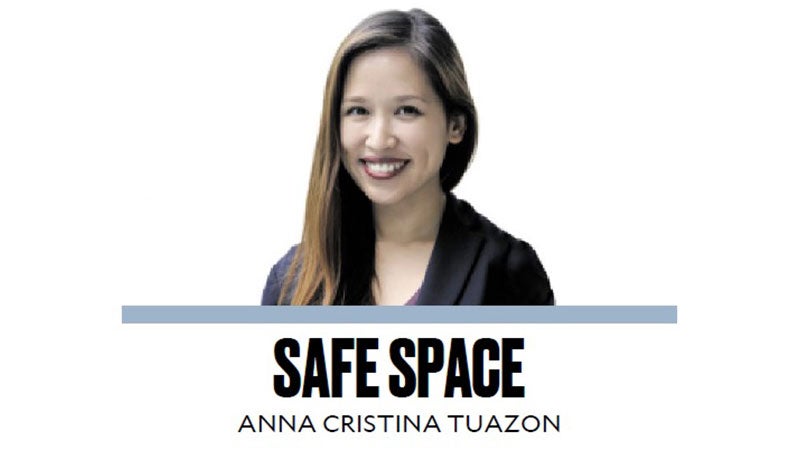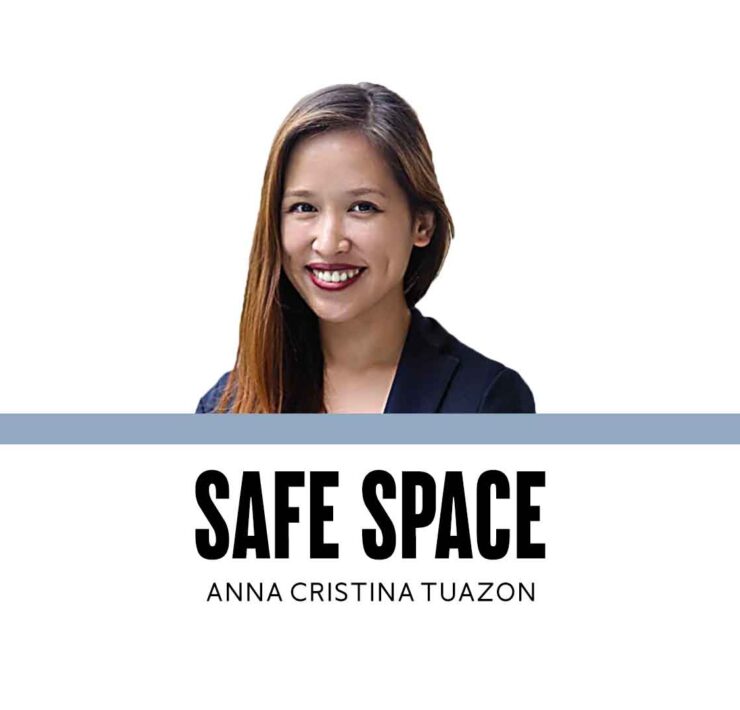Decluttering your stress

April is Stress Awareness Month. Stress is an all-too-familiar word. We all experience it and usually more often than we’d like. The World Health Organization defines stress as a “state of worry or mental tension caused by a difficult situation,” while the American Psychological Association assures us that stress is a “normal reaction to everyday pressures.” Since living has its ups and downs, there is no such thing as a stress-free life. Stress, despite its unpleasant sensations, is a good tool for survival. It prompts our body systems to be on alert and ready for challenges. The increased heart rate? That’s to get ourselves ready to run or fight. What differentiates healthy stress from unhealthy stress is its chronicity. Even soldiers need time to rest and recover; our bodies, too, need to recover from a stressed state so that it is ready for the next emergency.
Then there is overwhelming stress: the sheer amount of stressors we face at any given time. Sometimes it cannot be helped, especially in certain high-pressure jobs. However, in my clinical experience, I find that we add more stressors on our plate that we don’t need. Just like we do for the home, let’s declutter our stresses so that we can make more space for joy and ease:
Sort your stressors
Some stressors are what we call the “unavoidables” of life. For a student, unavoidable stressors include requirement deadlines, homework, group projects, essays, exams, recitations, and oral presentations. For an office worker, it is oddly similar: project deadlines, meeting presentations, and interactions with clients, bosses, and coworkers. The loftier your goals, the more unavoidable stressors you encounter, though at least it makes them meaningful. There are stressors, however, that are avoidable or preventable. For example, a pileup of work and overdue deadlines due to procrastination are often avoidable if we just do them when we’re supposed to. Financial stress is often unavoidable; not paying your bills on time and incurring interest is. When it comes to other people, it may surprise you that a lot of our interpersonal stresses are avoidable. We don’t need to pick a fight with strangers. We don’t need to get others to like us, especially if we don’t even like them.
Declutter all the avoidable stressors
Some are easier than others to discard. We can unfollow news feeds that use rage bait. We can avoid the comments section so we don’t pick fights with strangers (or bots). We can pare down our friends and following lists so that our online space can feel safe.
Bad habits are indeed harder to break; start with small changes and work your way up. Is procrastination compounding more stress? If you’re starting from zero tasks completed, increase it by one task. If you can’t stop bingeing the latest K-drama, complete one work task in between episodes. Can’t stop doomscrolling? Put your phone on silent or sleep mode. Delete recreational app icons on your home screen so you don’t see notifications.
Do not take on other’s people stress. Filipinos often take on the stress of their loved ones as a way of service to others. However, this also makes us poor at self-care and leads to compassion burnout. We can take on other people’s problems only if we have the capacity to do so. If we are at our mental limit, it is only right to reserve what’s left for ourselves. This is the only way to restore our capacity to care for others. This doesn’t mean cutting people off. It simply means sticking to your role as a supportive friend or family member without overextending. Be there to listen and encourage but do not solve their problems for them. Instead, point them toward resources so they can help themselves. It contributes to their self-efficacy and prevents them from feeling drained.
Update your stressors—and delete the obsolete
We get used to certain stressors for such a long time that we forget that we don’t need them anymore. Stressors have their time and place. Grades matter only at a certain point in our education (and only until you obtain your first job). Amassing a lot of friends can be quite a central concern in high school, but certainly not in your 40s. Asserting our independence and autonomy is crucial when we’re still trying to spread our wings and leave the nest. However, at a certain point in our adulthood, we can no longer blame our parents for our problems. Take some time to reflect on the stressful thoughts and beliefs that you’ve been holding onto since childhood. Are they still relevant? If not, let them go. It’s better to focus on stresses that come with your current goals, rather than on stress remnants of the past.
Life can be quite hard. And humans have a way of making it harder than it has to be. Oftentimes, we are our own worst critic. We add more pressure and treat ourselves harshly. Time to do a mental declutter and strip away the extra stress.
—————-
aatuazon@up.edu.ph


















